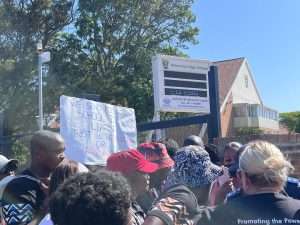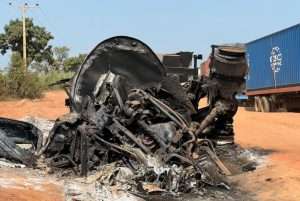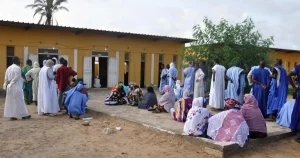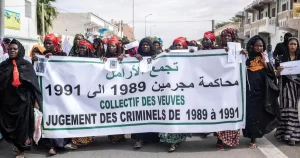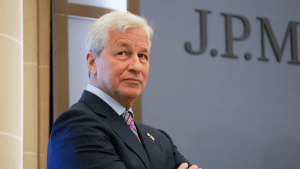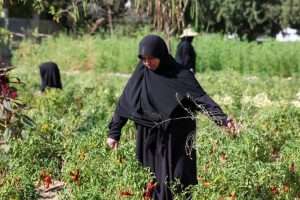Smuggling networks are reigniting instability in the Sahel
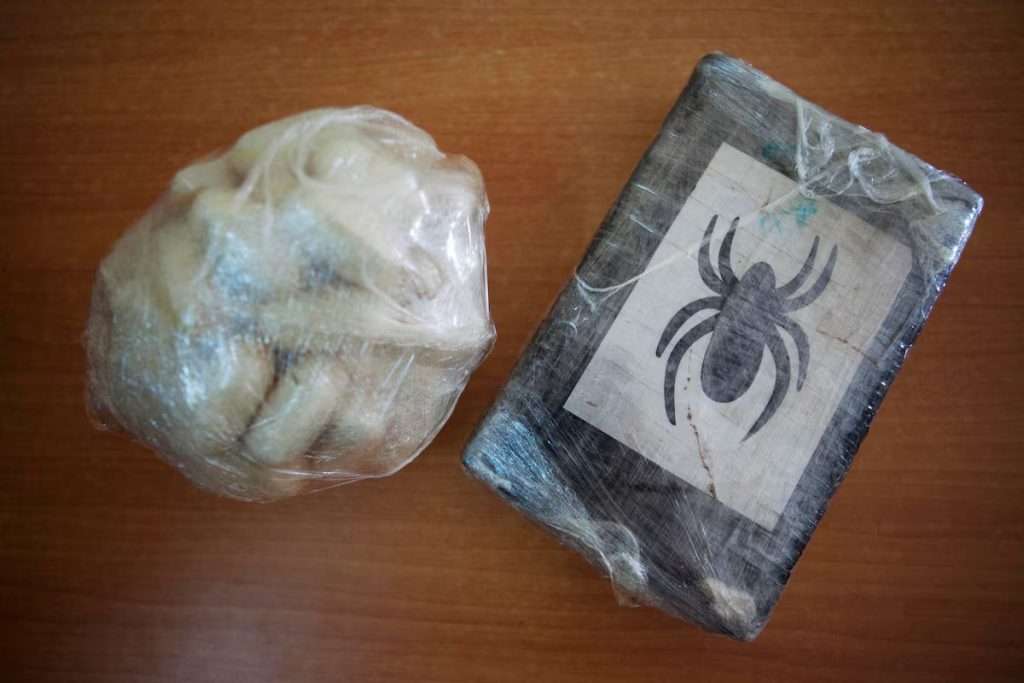
The Sahel has seen a resurgence in drug smuggling, and the Nigerian desert city of Agadez has become the most important hotspot, Deutsche Welle reported on July 28th. Criminal gangs are returning to this particular region to shift drugs through trade routes between West Africa and the Maghreb that have been notorious for centuries.
The criminal gangs are becoming more brutal as the movement of drugs increases. One man, Bamadou from Guinea, told reporters that he had given up migrating to Europe and was now stranded in Agadez. The young man has urged other migrants to be cautious of the brutal criminal gangs in the desert.
“Sometimes they come with baseball bats and just start beating people. Several people even died in a migrant convoy in March. Three Senegalese, two South Americans and one from Guinea,” he said.
The Nigerian desert city is funded by smuggled goods, including products and people. According to sources, the city’s main source of income is smuggling people moving from sub-Saharan Africa to Europe without legal documents. Gangs operating inside the regional hotspot are known for blurring the lines between legally traded goods and smuggled goods.
The European Union pressured Niger’s government to implement an anti-smuggling law in 2015. As part of the crackdown, the government deployed armed patrols in the desert and arrested hundreds of smugglers immediately.
However, in 2023, the military overthrow led to the new governors abandoning the law and strengthening bonds with Russia. With the law abolished, the smuggling returned in full swing.
Smugglers have woven networks across the Sahel, spanning some 6,000 kilometres from the Atlantic Ocean to the Red Sea, according to UN News. The growing trade route is endangering the lives of at least 300 million people, reaching Burkina Faso, Cameroon, Chad, The Gambia, Guinea, Mali, Mauritania, Niger, Nigeria, and Senegal.
The UN has listed the Sahel region as a “region in crisis”, where smugglers prey on civilians and push them into conflict, poverty, climate crises, rebellions and terror activity. More than 37 million people were in need of humanitarian assistance after the military coup in 2023, increasing by around 3 million since 2022.
The vast variety of contraband trafficked by terrorist groups, criminal networks and local militias ranges from fuel and fake medicines to AK-style assault rifles and humans. The illegally imported medication causes around 500,000 sub-Saharan deaths each year. In one case, researchers found that 70 Gambian children were killed by trafficked cough syrup in 2022.
The most recent data from 2024 found that, during a single check on the border between Senegal and Mali, more than a tonne of cocaine was seized.
While criminal gangs have historically exploited political instability in the Sahel, the amount of cocaine seized was “an absolute record,” said Amado Philip de Andres from the United Nations Office on Drugs and Crime (UNODC) in Dakar, Senegal.
The Senegal border is located between drug producers in Latin America and consumers in Europe. In recent years, there has been a growing demand for cocaine across Europe, de Andres added.
“We are seeing increasingly sophisticated technologies. There are underwater vehicles that have half a tonne of drugs on board,” he said.
“The really big fish in the cocaine business still come from Latin America. But the middle level is now increasingly coming from West and Central Africa.”
Due to the soaring demand and lack of criminalisation, gang networks have gained significant financial power in the Sahel region and are concealing their money by investing in major projects throughout the region.
Deutsche Welle, UN News, Maghrebi
Want to chase the pulse of North Africa?
Subscribe to receive our FREE weekly PDF magazine






